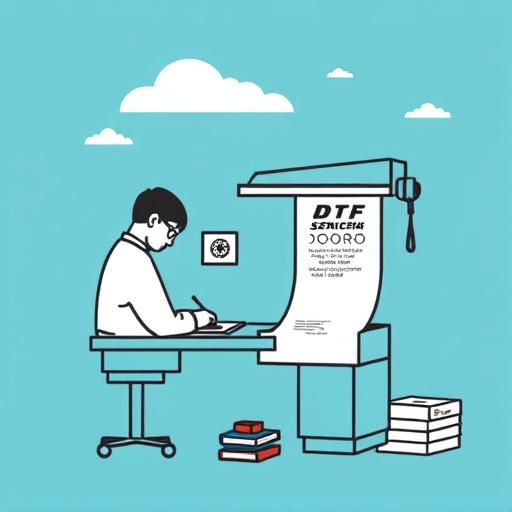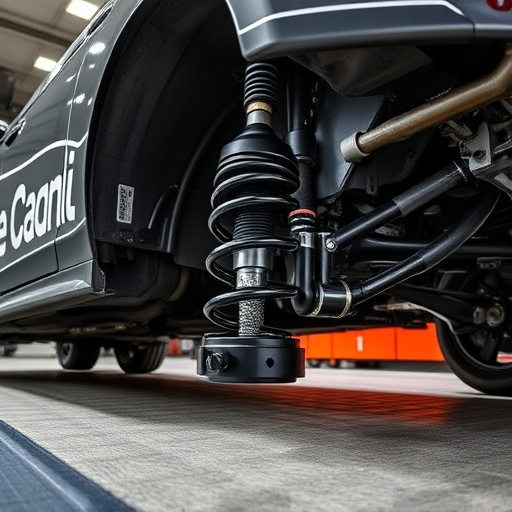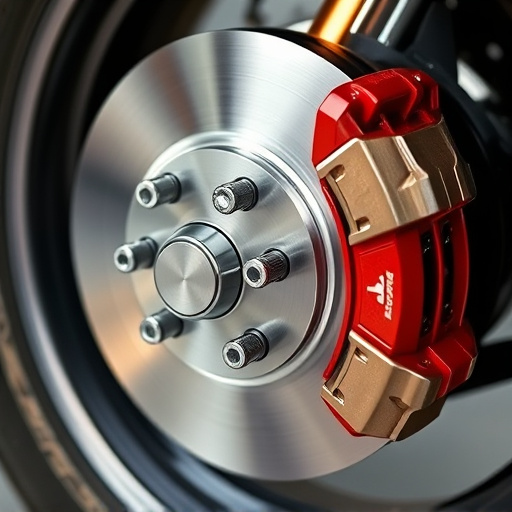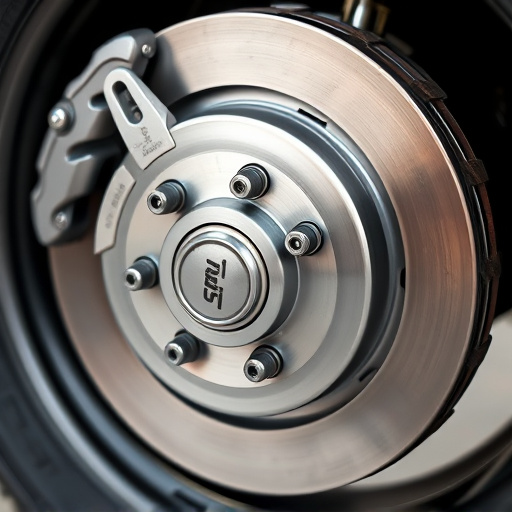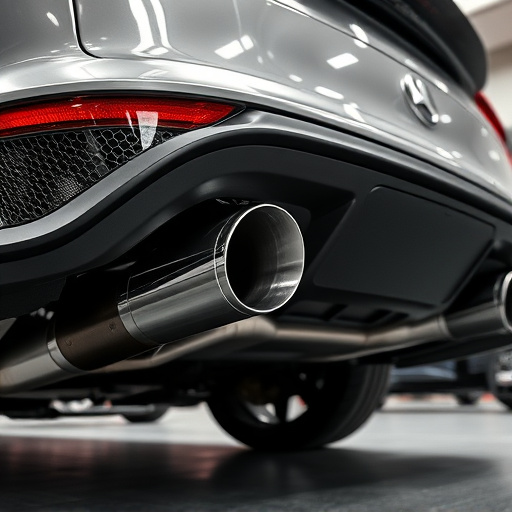Performance issues like slow speed and power loss may indicate a problem with the boost controller, a critical component managing engine boost pressure for optimal performance. Warning lights or error codes from exhaust, suspension, or air intake systems can signal improper turbocharger control. Inconsistent vehicle performance with turbocharged engines could point to a boost controller issue, affecting fuel burn, responsiveness, and potential damage to other components. Regular maintenance checks and timely replacement are essential to prevent escalation of issues related to exhaust, suspension, and brake rotors.
Is your vehicle’s performance suffering from unexpected slow speeds or power loss? Are warning lights or error codes flashing on your dashboard? Do you experience regular malfunction or inconsistencies in your boost controller? These could be signs that your boost controller needs adjustment or replacement. Understanding these issues is crucial for maintaining optimal engine performance and ensuring your vehicle operates smoothly. Let’s explore each symptom in detail to help you diagnose and resolve the problem effectively.
- Performance Issues: Slow Speed or Power Loss
- Warning Lights and Error Codes
- Regular Malfunctioning or Inconsistencies
Performance Issues: Slow Speed or Power Loss
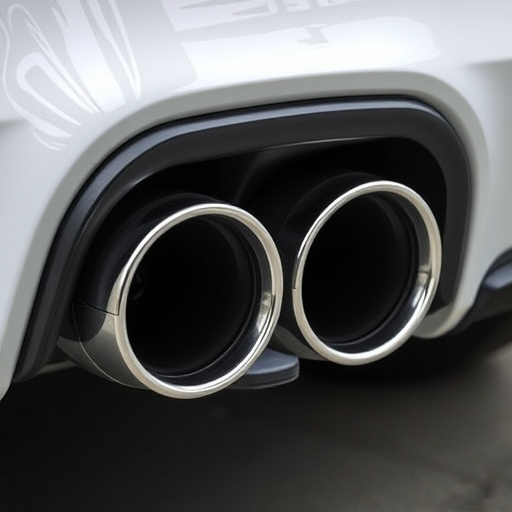
If your vehicle is experiencing performance issues like slow speed or power loss, it could be a clear indication that your boost controller needs attention. This component plays a pivotal role in managing engine boost pressure, ensuring optimal power delivery. When there’s a problem with the boost controller, the entire system can be compromised, leading to reduced efficiency and responsiveness.
Several factors can contribute to these performance problems. An outdated or malfunctioning boost controller might not be able to keep up with the demands of your exhaust systems or suspension components, especially under heavy load. It could also be a sign that brake rotors are wearing out, affecting overall system balance. Regular maintenance checks and prompt replacement or adjustment of the boost controller can help prevent these issues from escalating, ensuring your vehicle maintains peak performance.
Warning Lights and Error Codes
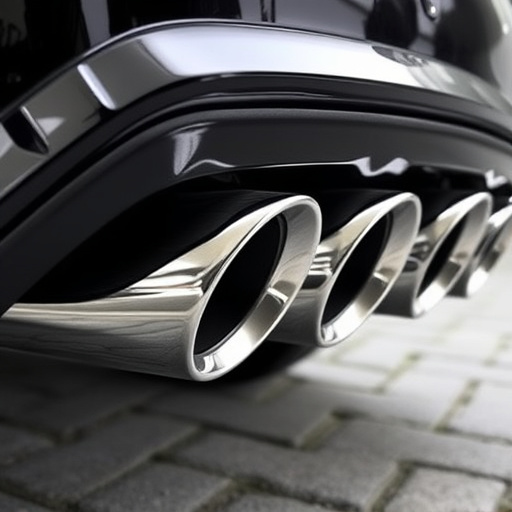
If your boost controller is malfunctioning, it may display warning lights or error codes on your dashboard. These signs are crucial indicators that something is amiss with your vehicle’s performance system. One of the most common issues signaled by these warnings is a problem with the boost controller itself, which could be causing inaccurate readings and control over the turbocharger.
The error codes can provide specific clues about the issue. For instance, codes related to the exhaust mufflers or suspension components might suggest that the controller is receiving incorrect data from these systems, leading to imprecise boost management. Similarly, issues with air intake systems can impact the controller’s ability to regulate boost pressure effectively. Identifying and addressing these warning lights and error codes promptly is essential to maintain optimal vehicle performance and prevent further damage to critical components like the turbocharger.
Regular Malfunctioning or Inconsistencies
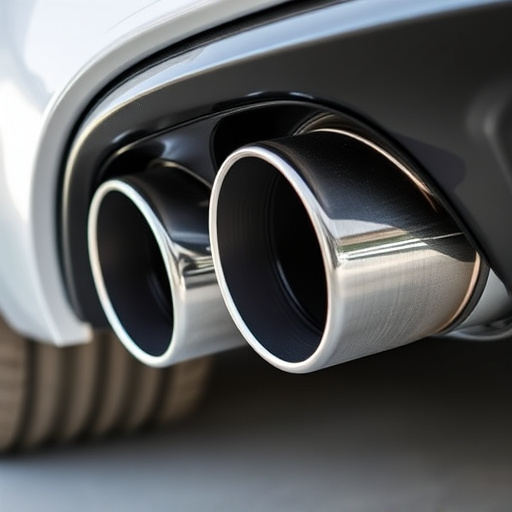
If your vehicle’s performance has been inconsistent, it might be time to examine your boost controller. Regular malfunctions or unpredictable behavior from your turbocharged engine can be signs that the boost controller needs adjustment or replacement. This component is responsible for managing and regulating the amount of boost pressure delivered to the engine, ensuring a balanced and efficient burn of fuel during acceleration.
When integrated with suspension kits, performance brakes, and cat-back exhaust systems, a well-calibrated boost controller can unlock your vehicle’s full potential. However, if you’re experiencing sudden loss of power, frequent stalling, or a lack of responsiveness while driving, these issues could indicate an underlying problem with the boost controller. In such cases, it’s advisable to seek professional assistance for a thorough diagnosis and necessary adjustments or replacements.
If your vehicle’s performance has taken a hit due to slow speed, power loss, warning lights, error codes, or consistent malfunctions, it could be time to inspect and adjust or replace your boost controller. Regular maintenance is key to keeping your turbocharged engine running smoothly and efficiently, ensuring optimal performance and extending the life of your boost controller. Don’t ignore these signs – addressing them promptly will help prevent further damage and keep you safely on the road.


